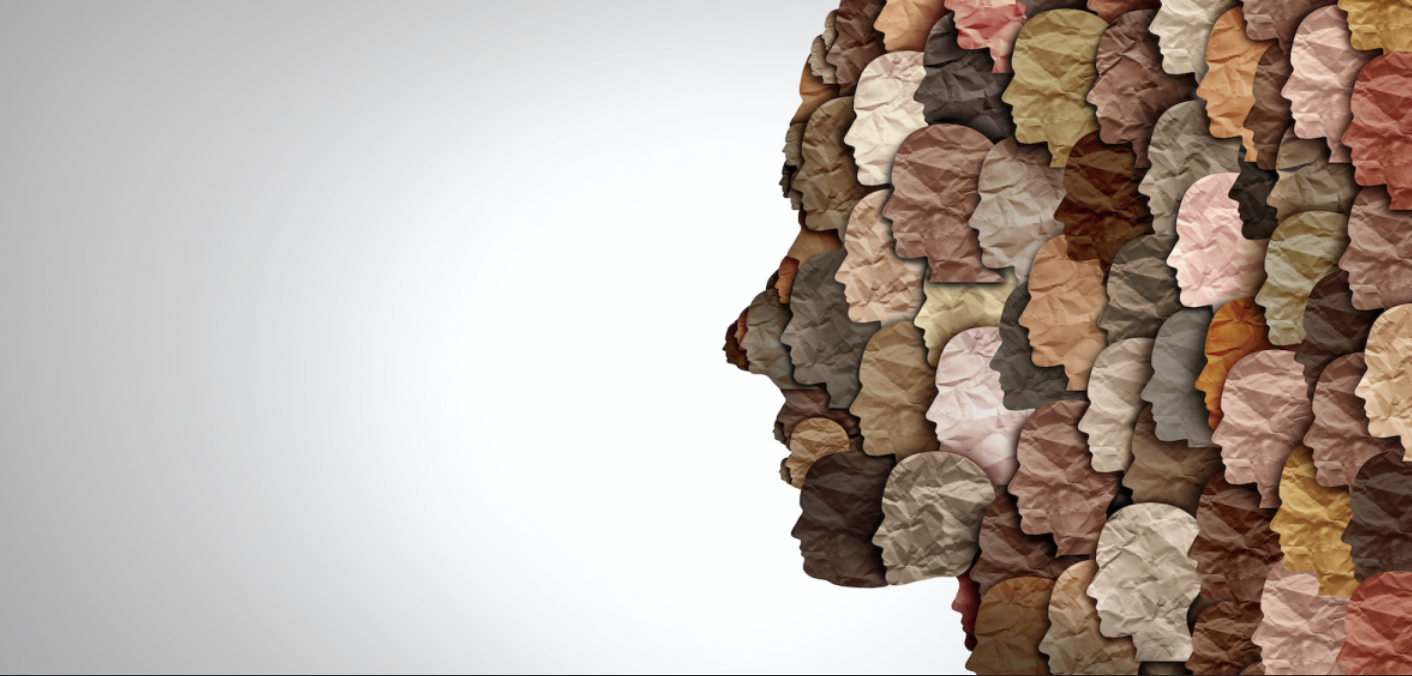I recently completed a self-assessment on my understanding of diversity, equity, inclusion and belonging (DEIB) surveyed by Harvard University. The assessment was intuitive and covered major issues in this space. The results confirm that I don’t know what I don’t know, and amplify my very own biases. Uncomfortably and emotionally reflect on my limited knowledge and understanding of the thorny issues, what better way to learn than getting comfortable hugging the cactus?
My view on DEIB is more than meet the eye:
to recognize and underscore the invisible challenges and struggles we face in order to journey together on the path to a more diverse, equitable, and inclusive future.
I think about the multi-dimensional aspects of this subject matter and how they influence the practices and settings that we live and work in. They give me insights into my own social identity and the various attributes that make each of us unique. They offer a glimpse on how both visible and invisible aspects of our own culture shape our behaviors and attitudes. I believe in celebrating and empowering others first by learning more about their culture and identity from which they might differ from my own.
That said, I established that diversity and equity are measured by numbers (percentages or ratios of people made up – or compensated – in an organization, a board of directors, a school, a classroom, a team, etc.), while inclusion and belonging are reflected in the mindset. Separating the multi-facets of this “cactus” requires a strategy, a plan, that will move people beyond reacting to an event, and instead, reflecting on an understanding and acknowledgement with an open-mind and open-heart.
In recognizing the works around these thorny issues during International Women’s Day 2022, below are some of my favorites collected from reading into inspiring women (make sure you get to the last one!). These badasses are making collective efforts in breaking the biases by not sacrificing values to uphold performance (or in some cases, presentation). These invisible biases sneak up and color our perceptions, our points of view using our own prior experiences. Which quote below (or of your own) resonates with you the most?
“Don’t confuse progress with winning.” ~ Mary Barra, CEO of General Motors.
“Growth and comfort do not co-exist.” ~ Ginni Rometty, CEO of IBM.
“Your title makes you a manager; your people make you a leader.” ~ Donna Dubinsky, CEO of Palm.
“I am no longer accepting the things I cannot change. I am changing the things I cannot accept.” ~ Angela Davis, author.
“I’m not going to be defined by what someone else deemed appropriate.” ~ Megyn Kelly, author of Settle for More.
“If we study only persuasion – that more narrow form of influence aimed at gaining agreement – we don’t get to the quality of the decision. We rarely know whether a decision was right or not, since our assessment partly depends on our own values.” ~ Charlan Nemeth, author of In Defense of Trouble Makers.
“You have to get comfortable with sometimes having a different view than the consensus of your usually pretty smart competitors. It’s the nonconsensual calls that can be the great ones.” ~ Sallie Krawcheck, author of Own It.
“Strong back, soft front, wild heart.” ~ Brené Brown, author of The Power of Vulnerability.
“Lectures don’t have half the effect of consequences.” ~ Angela Duckworth, author of Grit.
“We know from myths and fairy tales that there are many different kinds of powers in this world. The trick is not to amass all the different kinds of available power, but to use well the kind you’ve been granted.” ~ Susan Cain, author of Quiet, The Power of Introverts in a World That Can’t Stop Talking.
“Erasure is a form of oppression, the refusal to see.” ~ Chanel Miller, author of Know My Name.
“I never look back, dahling. It distracts from the now.” ~ Edna Mode, Pixar’s character.
“You make everyone behind that door a better version of themselves because you take good care of yourself.” ~ my yoga teacher ?
“Setting intention gives us a chance to pause, reflect, and be an active participant in our own experience.” ~ me ?
Stripping off the titles, social and economic status, numbers of years on this earth, and getting used to being uncomfortable, we can each begin to embrace this cactus.

